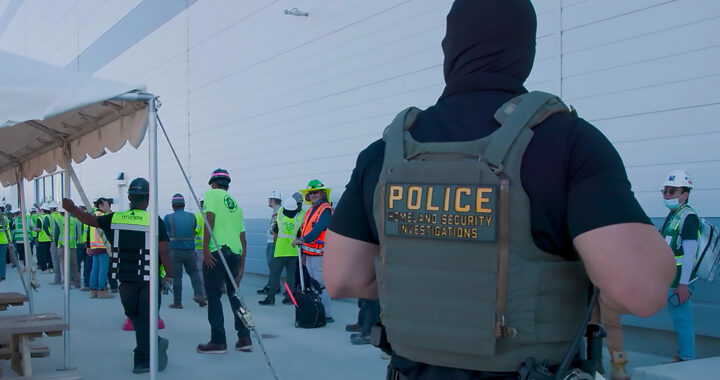The large-scale immigration crackdown at the Hyundai and LG joint venture production facility in Georgia on 5 September 2025 surprised many in the United States and South Korea. More than 470 South Korean nationals were detained, mostly engineers and equipment installers, raising questions about visa categories, labor needs, and industrial priorities.
Hyundai-LG Georgia Plant: South Korean Engineers, Visa Challenges, and the U.S. Workforce Gap
Electric Vehicle and Battery Production Facilities
Note that the site under scrutiny was the Hyundai Motor Group Metaplant America. This facility is located in Ellabell in Bryan County and was constructed beginning in 2022 as an electric vehicle production site for Hyundai and a soon-to-be battery production plant under a cooperative venture between Hyundai Motor Group and LG Energy Solution.
Electric vehicle production began in October 2024. The battery production plant was still under construction at the time of the immigration raid and is expected to become operational by the end of 2025 or early 2026. The State of Georgia heralded the entire multi-billion Hyundai Motor Group Metaplant America location as the biggest investment it has received in history.
Nevertheless, on 5 September 2025, the U.S. Immigration and Customs Enforcement launched an enforcement operation. Authorities reported that the arrested and detained foreigners at the site were working under short-term visas, recreational visas, or through the visa waiver program. None of these permits authorized legal employment in the United States.
Understanding the Presence of South Koreans
The South Korean nationals at the site were largely technical specialists. Their expertise included installation of highly sophisticated battery production equipment, calibration of automation systems, and supervision of industrial processes. These skills are not widely available within the U.S. workforce, especially during the initial phases of complex factory construction.
Hyundai and LG relied on these specialists from South Korea to ensure the plant could begin operations on schedule since postponements risk endangering federal subsidies under the Inflation Reduction Act and threaten competitive positioning within the rapidly growing electric vehicle battery sector. South Korean workers filled this urgent need.
Visa complications were central to the issue. Many South Koreans reportedly entered under B-1 business visitor visas or through the Visa Waiver Program. Both categories prohibit employment or manual labor, yet the detained workers were performing construction, equipment installation, and related tasks that U.S. authorities considered violations of immigration law.
U.S. officials stated that the raid followed a long investigation into unlawful practices. Other officials at Homeland Security said that several individuals overstayed permitted periods of stay, while others misused temporary entry permissions. The enforcement action represented the largest single-site operation in Department of Homeland Security history.
South Korean officials emphasized that many detained nationals were assigned for short-term technical duties, not long-term employment. Attorneys representing the workers argued that B-1 visas sometimes permit specialized industrial assistance. However, the scale of deployment and the nature of physical work pushed interpretations into legally uncertain territory.
Highlighting U.S. Labor and Immigration Issues
The United States workforce suffers from a shortage of skilled labor for advanced manufacturing setup. Specifically, although American technicians excel in operations, the initial installation of Korean-designed battery lines requires expertise concentrated in South Korea. This workforce gap forced companies to import expertise temporarily.
Nevertheless, despite the controversy, Hyundai Motor Group Metaplant America remains critical to both nations. The facility is part of a projected 43 billion dollar investment in the U.S. electric vehicle ecosystem. It promises thousands of jobs once production begins, but the raid exposed weaknesses in visa systems and transnational industrial cooperation.
The battery production plant was therefore not operational at the time of the raid. Construction was ongoing, equipment installation was incomplete, and mass production was scheduled only for late 2025. The incident highlighted the intersection of immigration policy, industrial policy, and the availability of technical expertise in newer technologies.
